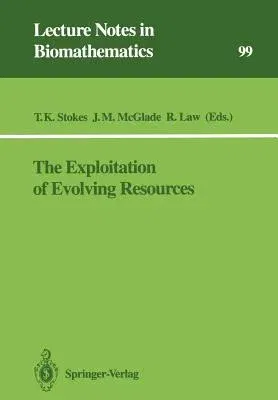The Exploitation of Evolving Resources: Proceedings of an International Conference, Held at Jülich, Germany, September 3-5, 1991Paperback, 11 October 1993

Qty
1
Turbo
Ships in 2 - 3 days
In Stock
Free Delivery
Cash on Delivery
15 Days
Free Returns
Secure Checkout
Part of Series
Lecture Notes in Biomathematics
Part of Series
Lecture Notes in Biomathematics (Closed)
Print Length
264 pages
Language
English
Publisher
Springer
Date Published
11 Oct 1993
ISBN-10
3540572422
ISBN-13
9783540572428
Description
Product Details
Book Format:
Paperback
Country of Origin:
US
Date Published:
11 October 1993
Dimensions:
24.41 x
16.99 x
1.47 cm
Genre:
Ecology
ISBN-10:
3540572422
ISBN-13:
9783540572428
Language:
English
Location:
Berlin, Heidelberg
Pages:
264
Publisher:
Weight:
444.52 gm

